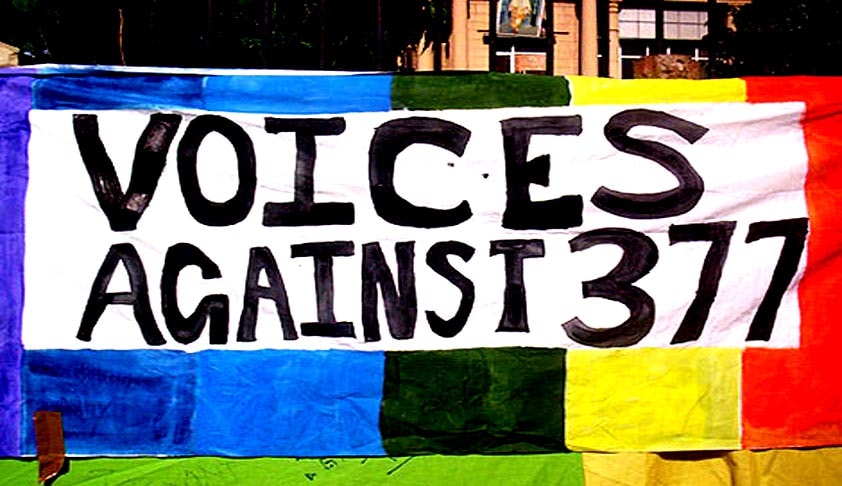Quashing 377 IPC: SC refuses urgent hearing to Celebrities’ plea; Refers it to CJI bench
LIVELAW NEWS NETWORK
29 Jun 2016 3:16 PM IST

Next Story
29 Jun 2016 3:16 PM IST
A two judge bench of the Supreme Court today refused immediate hearing to celebrities chef Ritu Dalmia, hotelier Aman Nath and dancer N S Johar who approached the Supreme Court seeking quashing of section 377 of the IPC which criminalises homosexuality and said it would place the fresh plea before the bench headed by Chief Justice T S Thakur who may take a call if to hear it separately or...
